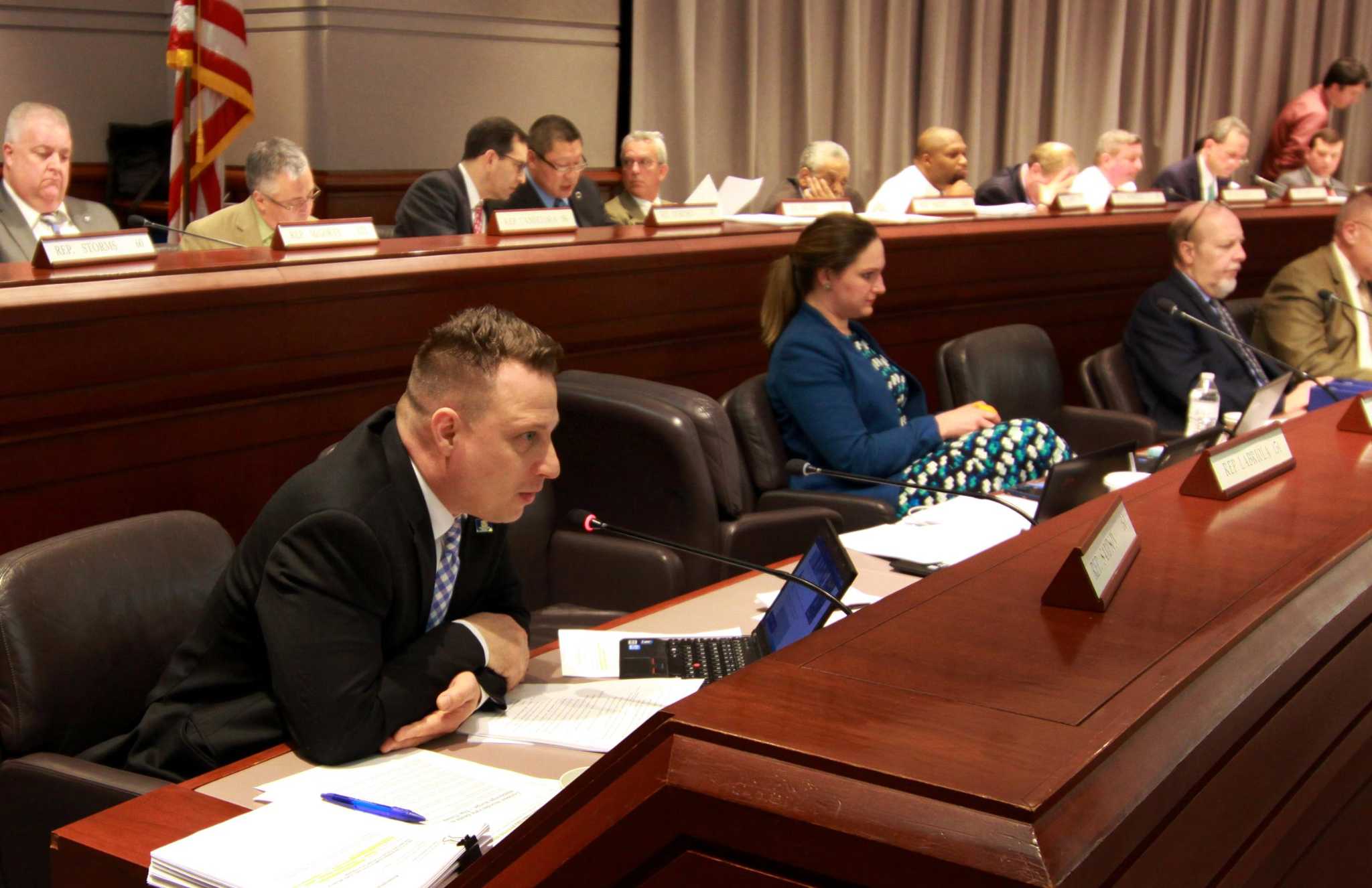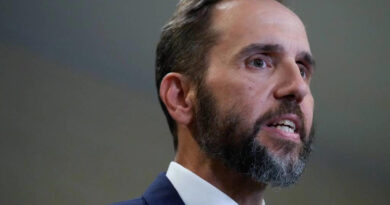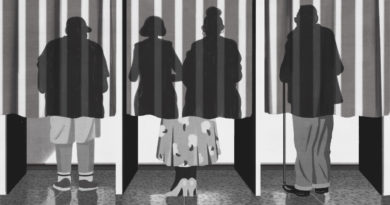National election fraud debate colors CT ballot effort

Conservative Republican lawmakers on Wednesday made their presence known on the Government Administration and Elections Committee, opposing a plan to keep using COVID-era, no-excuse-absentee-ballots for upcoming special and municipal elections.
The committee’s Democratic majority crushed Republican opposition, setting the proposal on track for a public hearing. The debate set the tone for a possibly contentious session over election reforms at a time when GOP allegations of fraud in the presidential election were rejected as unfounded in courts throughout the nation.
During the September special session of the General Assembly, lawmakers approved a law to allow all state voters to vote through mail-in ballots — contributing to the 80 percent turnout in Novermber. The Constitution limits absentee ballots to those serving in the military, suffering from illness, or out-of-state on Election Day.
Sen. Rob Sampson of Wolcott, ranking Republican on the committee, said state voters need assurances.
“It will be my focus to restore the public’s confidence in our election cycle,” he said. “Our system is breaking down, and each one of us knows this. There are people on the right that believe that Donald Trump is an absolutely perfect human being and he can do no wrong and the election was stolen from him. And then there are people who are on the left who believe that Trump is pure evil and any mention of an election-fraud issue or problem is completely contrived and made up.”
Sampson said the truth is in the middle.
“I supported President Trump, but not 100 percent of the time,” Sampson said. “He’s a human being, just like the rest of us. I would like to make it quite clear that election fraud is a legitimate and real thing, and it does happen. Was the election stolen from Donald Trump? I doubt it, but that’s not enough to dismiss every issue or accusation or potential case of voter fraud and we must remember that. There is half of the country out there and a good portion of our state that believes that the election was stolen, whether it was right or wrong.”
Sen. Mae Flexer, D-Willimantic, said the proposal to continue the mail-in balloting was being accelerated because of the pending special session in February for a Stamford Senate seat, as well as upcoming May elections in some towns and cities, to allow residents to avoid polling places in the pandemic.
“There is a lot of concern that voters got used to the protocols that were followed for November of last year,” Flexer said. “There was some urgency to raising this concept and potentially getting it going in the committee process. This conversation is going to happen one way or another in the next couple of weeks, whether that’s here in this committee or through an emergency certification process.”
After the meeting, Cheri Quickmire, executive director of Common Cause in Connecticut, the election watchdog group, disagreed with Sampson’s premise.
“To my knowledge there was no verified election fraud in the state,” Quickmire said in an interview. “None. We had a very successful election system with a high turnout rate.”
Gabe Rosenberg, general counsel for Secretary of the State Denise Merrill, said Sampson seems to be subscribing to refuted fraud theories.
“Refusing to confront and repudiate the conspiracy theories that the election was ‘stolen’ from Donald Trump is a direct attack on the thousands of hard-working local election officials and poll workers across the state of Connecticut, from both parties who came together to ensure every Connecticut citizen has a voice in our democracy,” Rosenberg said. “Allowing these conspiracy theories to flourish, despite the lack of supporting evidence, has helped to create the political environment of fear and mistrust that led to last week’s violent insurrection in our nation’s capital.”
There are pending proposals to change the state Constitution to allow a range of election reforms to make it easier for voters, but they will require statewide votes in 2022 or 2024, and will come before the committee later in the session, which ends June 9. An executive order from Gov. Ned Lamont allowed no-excuse mail-in balloting in the party primaries last summer.
kdixon@ctpost.com Twitter: @KenDixonCT
*** This article has been archived for your research. The original version from CT Insider can be found here ***


